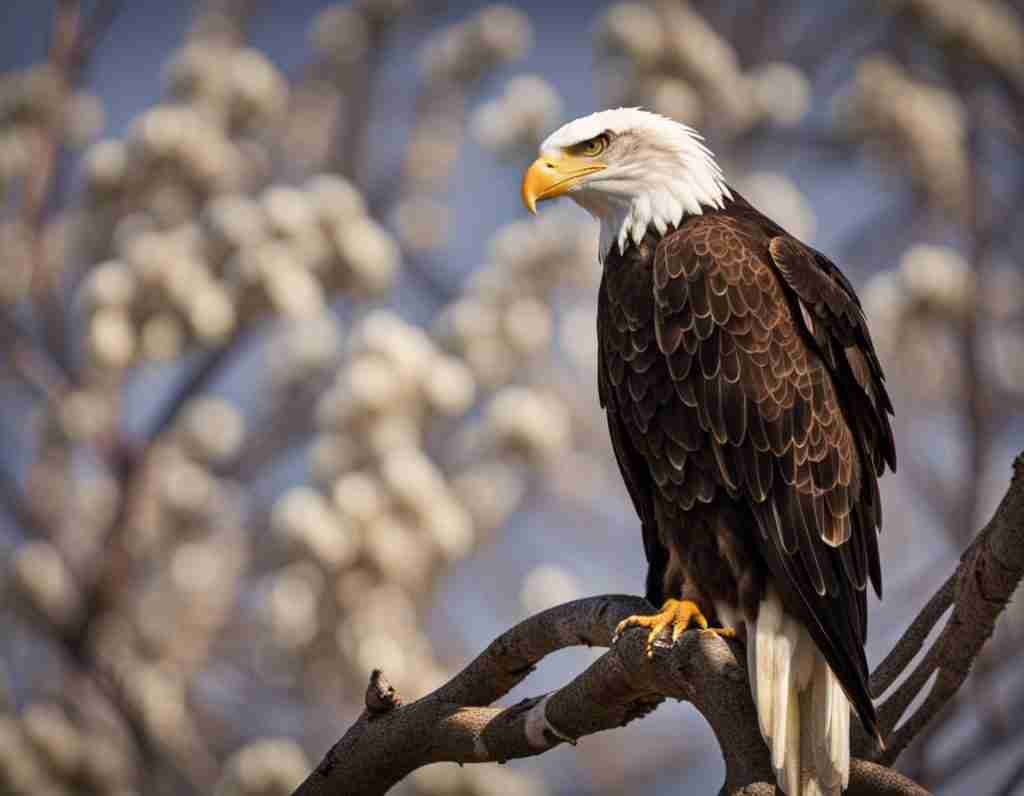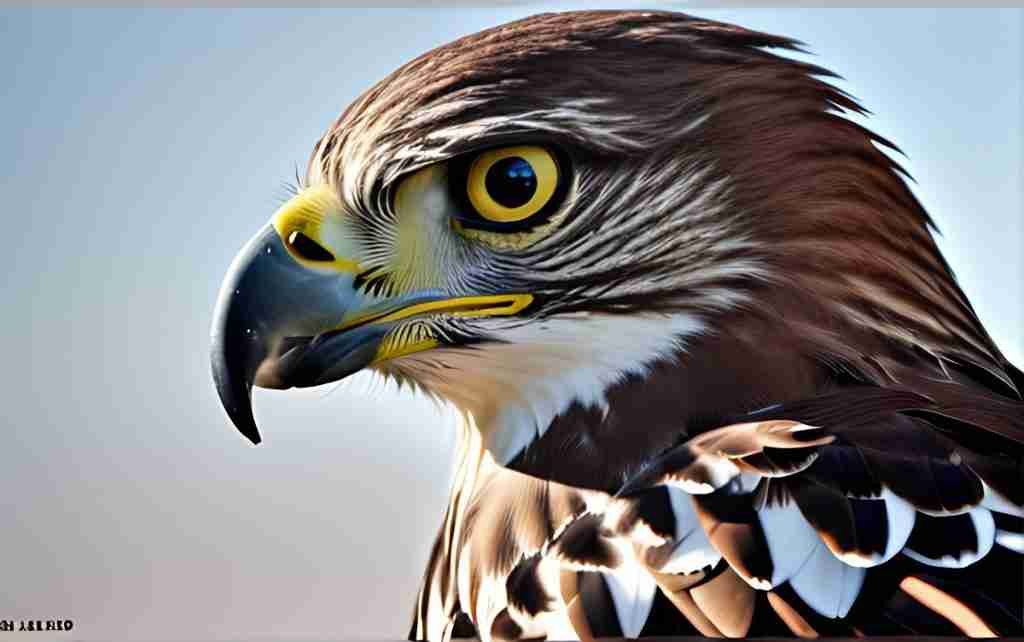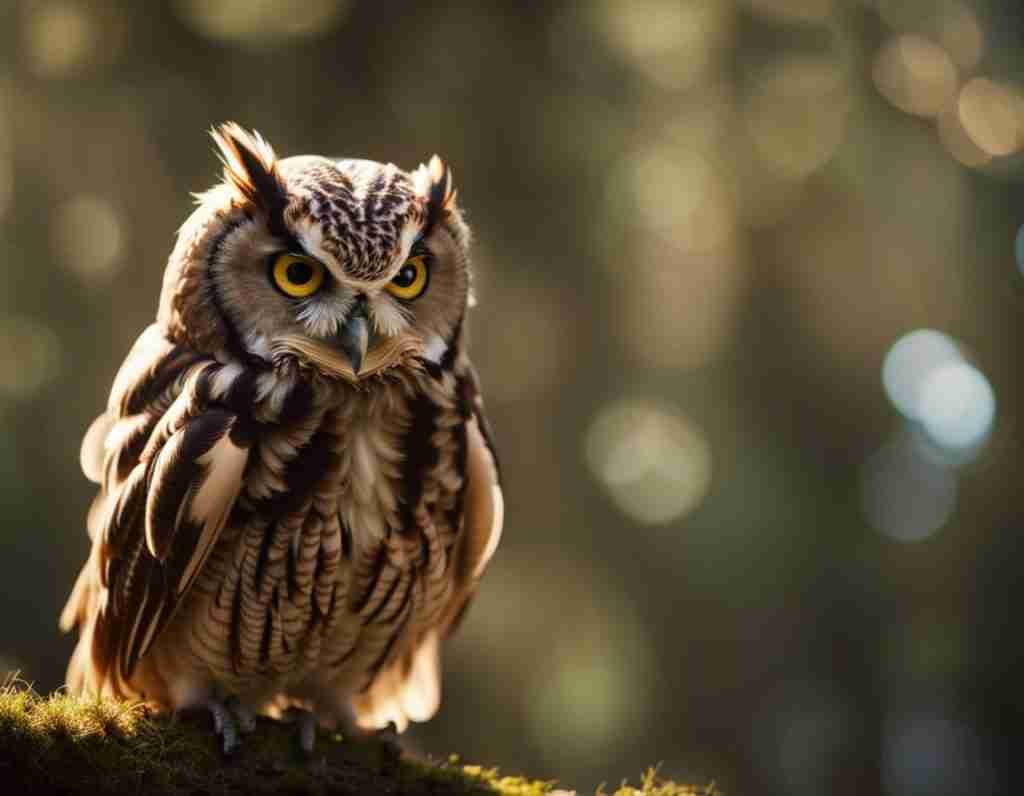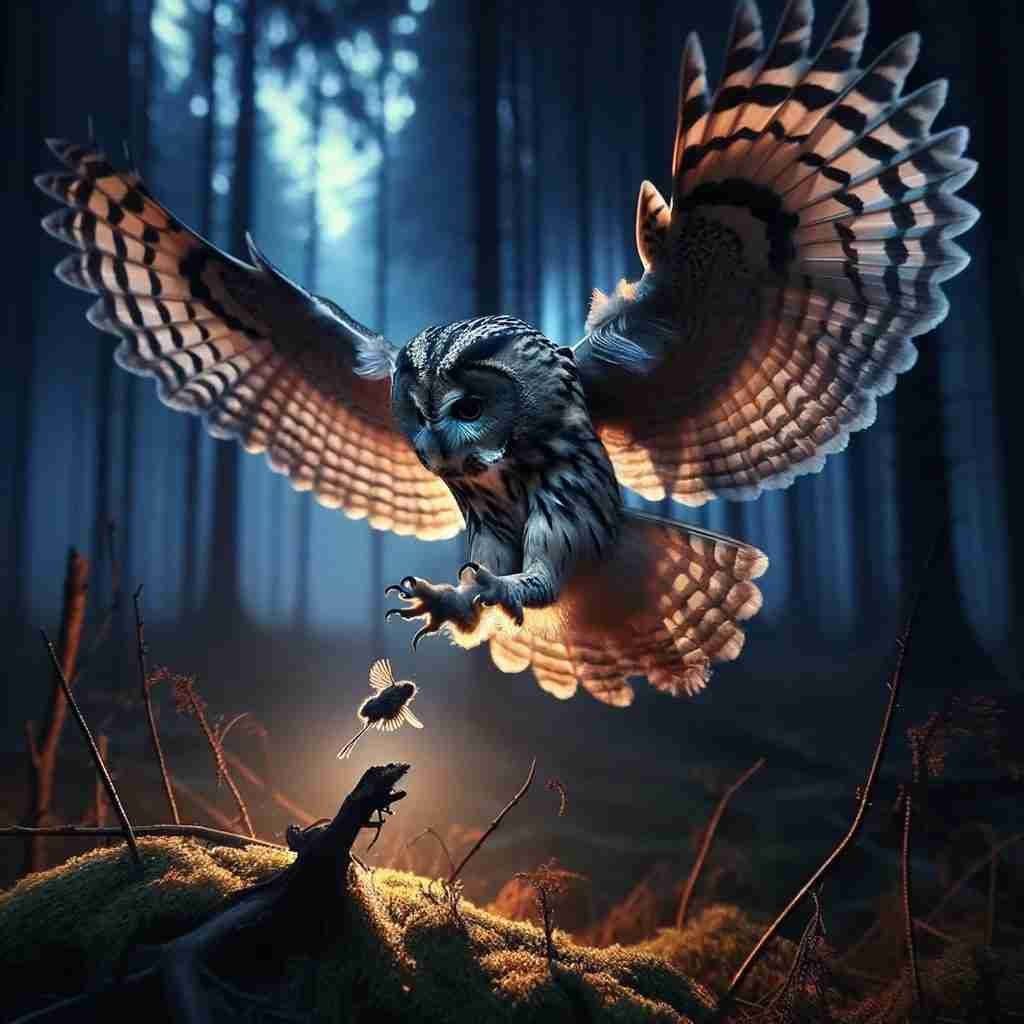[et_pb_section fb_built=”1″ _builder_version=”4.16″ global_colors_info=”{}”][et_pb_row _builder_version=”4.16″ background_size=”initial” background_position=”top_left” background_repeat=”repeat” global_colors_info=”{}”][et_pb_column type=”4_4″ _builder_version=”4.16″ custom_padding=”|||” global_colors_info=”{}” custom_padding__hover=”|||”][pac_divi_table_of_contents included_headings=”off|on|on|off|off|off” level_markers_2=”whole” _builder_version=”4.22.1″ _module_preset=”default” global_colors_info=”{}”][/pac_divi_table_of_contents][et_pb_text _builder_version=”4.16″ background_size=”initial” background_position=”top_left” background_repeat=”repeat” global_colors_info=”{}”]In the beautiful state of Florida, you can find a diverse array of birds of prey, including majestic creatures like Eagles, Falcons, Hawks, Vultures, and Owls. While observing these magnificent birds, it’s crucial to approach with caution and ensure you have the right equipment. After all, these birds have been known to attack when provoked. With a list of 26 birds of prey found in Florida, including the Golden Eagle, Bald Eagle, Peregrine Falcon, and Osprey, there are countless opportunities for bird enthusiasts to enjoy their favorite pastime. Whether you’re an experienced bird watcher or a beginner, popular spots like Corkscrew Swamp Sanctuary, Everglades National Park, and Loxahatchee National Wildlife Refuge offer fantastic opportunities to witness these incredible creatures in action. This article not only provides you with essential tips for bird watching and handling aggressive birds but also educates you on the laws surrounding nest removal and how bird watching hosts ensure your safety from potential bird attacks. Additionally, if you have any burning questions about Florida’s birds of prey, you’ll find the answers you’re seeking in our comprehensive FAQ section. So get ready to embark on an adventure and discover the fascinating world of birds of prey in Florida!
Birds of Prey in Florida
Introduction to Birds of Prey in Florida
Welcome to the captivating world of birds of prey in Florida! Florida is home to a diverse range of majestic birds, including eagles, falcons, hawks, vultures, and owls. These remarkable creatures play a vital role in the ecosystem and provide thrilling experiences for bird watchers. In this comprehensive article, we will delve into the significance of birds of prey in Florida, explore the essential equipment and precautions for observing them, provide a list of the birds you can expect to encounter, highlight popular bird watching spots in the state, offer valuable tips for bird watching, discuss dealing with aggressive birds, shed light on laws pertaining to nest removal, uncover how bird watching hosts protect against bird attacks, and address frequently asked questions about Florida birds of prey.
Importance of Equipment and Caution while Observing Birds
As you embark on your journey to observe birds of prey in Florida, it is vital to be equipped with the right tools and exercise caution. The first step is to ensure you have essential equipment such as binoculars, a field guide, and appropriate clothing for the environment. These tools will enhance your bird watching experience and help you identify different species with precision. Additionally, it is crucial to exercise caution and respect towards these majestic creatures. Birds of prey can become aggressive when provoked, so it is essential to maintain a safe distance and avoid any disruptive behaviors that may incite their reactions. By equipping yourself with the appropriate gear and exercising caution, you can enjoy a harmonious and enriching experience observing these incredible birds.
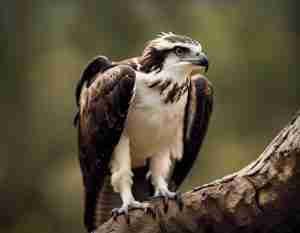
List of Birds of Prey Found in Florida
Florida boasts an impressive array of birds of prey, making it a paradise for bird enthusiasts. Here is a list of some of the prominent species you may encounter.
- Golden Eagle
- Bald Eagle
- Peregrine Falcon
- Osprey
- Red-shouldered Hawk
- Swallow-tailed Kite
- Northern Harrier
- American Kestrel
- Turkey Vulture
- Great Horned Owl
- Burrowing Owl
- Barred Owl and many more!
Each species brings its unique charm and characteristics to the Floridian skies, making bird watching an enthralling adventure filled with discovery and awe.
Popular Bird Watching Spots in Florida
Florida is blessed with several renowned bird watching spots that offer exceptional opportunities to observe birds of prey in their natural habitat. Some of the most popular spots include:
- Corkscrew Swamp Sanctuary – Located near Naples, this sanctuary provides a sanctuary for birds of prey, including the elusive Snail Kite.
- Everglades National Park – One of the most iconic natural areas in Florida, this park offers diverse habitats where you can spot a variety of birds of prey, such as the majestic Bald Eagle.
- Loxahatchee National Wildlife Refuge – Situated in Palm Beach County, this refuge is teeming with birds of prey, including Red-shouldered Hawks and the colorful Swallow-tailed Kite.
- Lake Kissimmee State Park – This park, situated near Lake Wales, is home to a plethora of bird species, including the impressive Osprey.
- Anhinga Trail – Located in Everglades National Park, this popular trail offers a chance to observe birds of prey up close, including the magnificent Northern Harrier.
- The Big Cypress National Preserve – This expansive preserve is a haven for bird lovers, with sightings of the elusive American Kestrel and the migratory Swallow-tailed Kite.
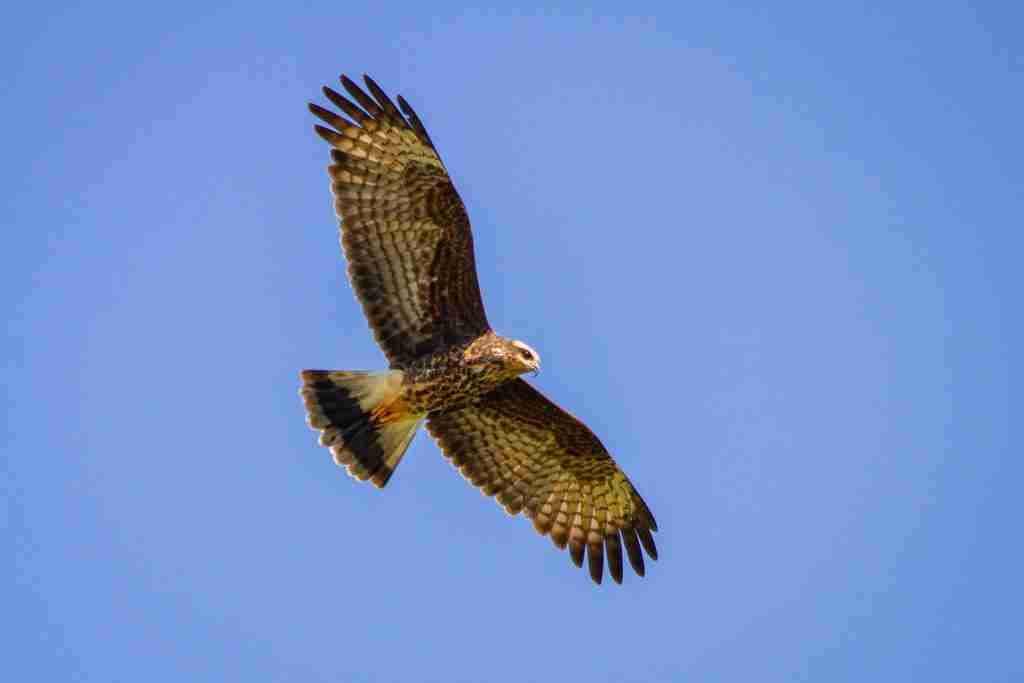
Tips for Bird Watching
To make the most of your bird watching experience in Florida, here are some tips to keep in mind:
- Choose the Right Time – Birds of prey are most active during the early morning and late afternoon, so plan your bird watching adventures accordingly.
- Optimal Observing Locations – Research the best locations for observing specific species and their habitats, increasing your chances of successful sightings.
- Binoculars and Field Guides – Equip yourself with a good pair of binoculars and a reliable field guide to help identify different birds of prey accurately.
- Learn Bird Calls and Behavior – Familiarize yourself with the distinctive calls and behavior patterns of different species to aid in identification.
- Patience and Stillness – Bird watching requires patience and stillness. Find a comfortable spot, be patient, and allow the birds to come to you. Avoid sudden movements that may disturb them.
By following these tips, you can enhance your bird watching experience and create unforgettable memories in the presence of Florida’s magnificent birds of prey.
Dealing with Aggressive Birds
While observing birds of prey in Florida, it’s essential to understand and respect their natural behaviors. Aggression in birds is often a response to feeling threatened or protecting their territory. Here are some key insights for dealing with aggressive birds:
- Understanding the Causes – Aggression can arise due to perceived threats, such as encroaching on their nesting sites or getting too close to their young. Respect their space and avoid approaching too closely.
- Identifying Aggressive Behaviors – Aggressive behaviors may include defensive flight patterns, vocalizations, or physical displays such as swooping or dive-bombing. Recognize these signs and give the birds the space they need.
- Protective Measures – To avoid provoking birds of prey, it’s important to keep a safe distance, respect their habitats, and avoid sudden movements or loud noises that may trigger defensive behaviors.
- If Attacked – In the unlikely event of a bird attacking, protect your head and face, and calmly move away from the area. Do not fight back or attempt to harm the bird, as this can exacerbate the situation.
By understanding the causes of aggression, recognizing the warning signs, and taking appropriate precautions, you can ensure a safe and enjoyable bird watching experience in Florida.
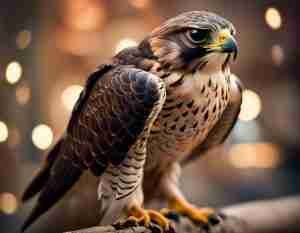
Laws on Nest Removal
Nest removal is a complex issue regulated by laws to protect birds and their habitats. In Florida, there are specific guidelines and procedures to follow when it comes to nest removal. Here is an overview of the key points:
- Nest Removal Laws – Nest removal laws are in place to protect birds and their nests, preventing unnecessary disturbance or harm. Violations of these laws can result in legal consequences.
- Reasons for Nest Removal – There are certain situations where nest removal may be necessary, such as when nests pose a safety hazard to humans or when they impede essential infrastructure development.
- Legal Procedures and Permits – Nest removal requires specific permits and adherence to legal procedures. It is crucial to seek guidance from local authorities or bird conservation organizations to ensure compliance.
- Alternatives to Nest Removal – Whenever possible, exploring alternatives to nest removal is encouraged. This could involve modifying human activities, implementing protective measures, or creating alternative nesting sites.
By respecting the laws and seeking advice from the appropriate authorities, we can protect both birds and their habitats while ensuring the safety and well-being of humans.
How Bird Watching Hosts Protect from Bird Attacks
Bird watching hosts play a crucial role in ensuring the safety and enjoyment of visitors while observing birds of prey. Here are some ways hosts protect against bird attacks:
- Educational Programs and Training – Bird watching hosts provide educational programs, workshops, and training sessions to educate visitors on bird behavior, safety precautions, and responsible bird watching practices.
- Providing Safe Viewing Areas – Hosts establish designated safe viewing areas where visitors can observe birds of prey without disturbing their natural behavior or risking potential attacks.
- Implementing Protective Structures – In certain locations, hosts may install protective structures such as blinds or viewing platforms that provide a safe vantage point for observing birds while minimizing the risk of encounters with aggressive birds.
- Monitoring and Intervention – Bird watching hosts remain vigilant, monitoring bird behavior and intervening when necessary to ensure the safety of visitors. This intervention may involve guiding visitors to safer locations or providing guidance on how to handle encounters with aggressive birds.
By proactively adopting these measures, bird watching hosts contribute to a harmonious coexistence between humans and birds, fostering a positive and enriching experience for all.
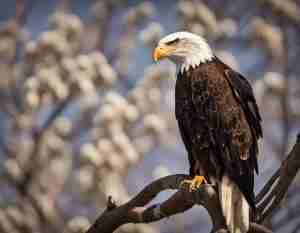
In conclusion, bird watching in Florida offers a remarkable opportunity to witness the magnificence of birds of prey in their natural environment. By following essential equipment guidelines, exercising caution, and respecting the laws and habitats of these fascinating creatures, we can ensure a safe and enriching experience for both humans and birds. So grab your binoculars, head to one of Florida’s renowned bird watching spots, and immerse yourself in the captivating world of birds of prey. Happy bird watching!
[/et_pb_text][et_pb_heading title=”FAQ (Frequently Asked Questions)” _builder_version=”4.22.1″ _module_preset=”default” title_level=”h2″ global_colors_info=”{}”][/et_pb_heading][et_pb_fmfd_faq_module filter_by_categories=”on” categories=”1429″ can_open=”many” _builder_version=”4.24.0″ _module_preset=”default” custom_css_free_form=”.abfd-container {|| display: none;||}” global_colors_info=”{}”][/et_pb_fmfd_faq_module][et_pb_text admin_label=”Link Whisper Shortcode” _builder_version=”4.24.0″ _module_preset=”default” global_colors_info=”{}”]
[link-whisper-related-posts force_display="true" cols="1"][/et_pb_text][et_pb_text admin_label=”Simple Author Box ShortCode” _builder_version=”4.24.0″ _module_preset=”default” global_colors_info=”{}” theme_builder_area=”post_content”]
[simple-author-box]
[/et_pb_text][/et_pb_column][/et_pb_row][/et_pb_section]
